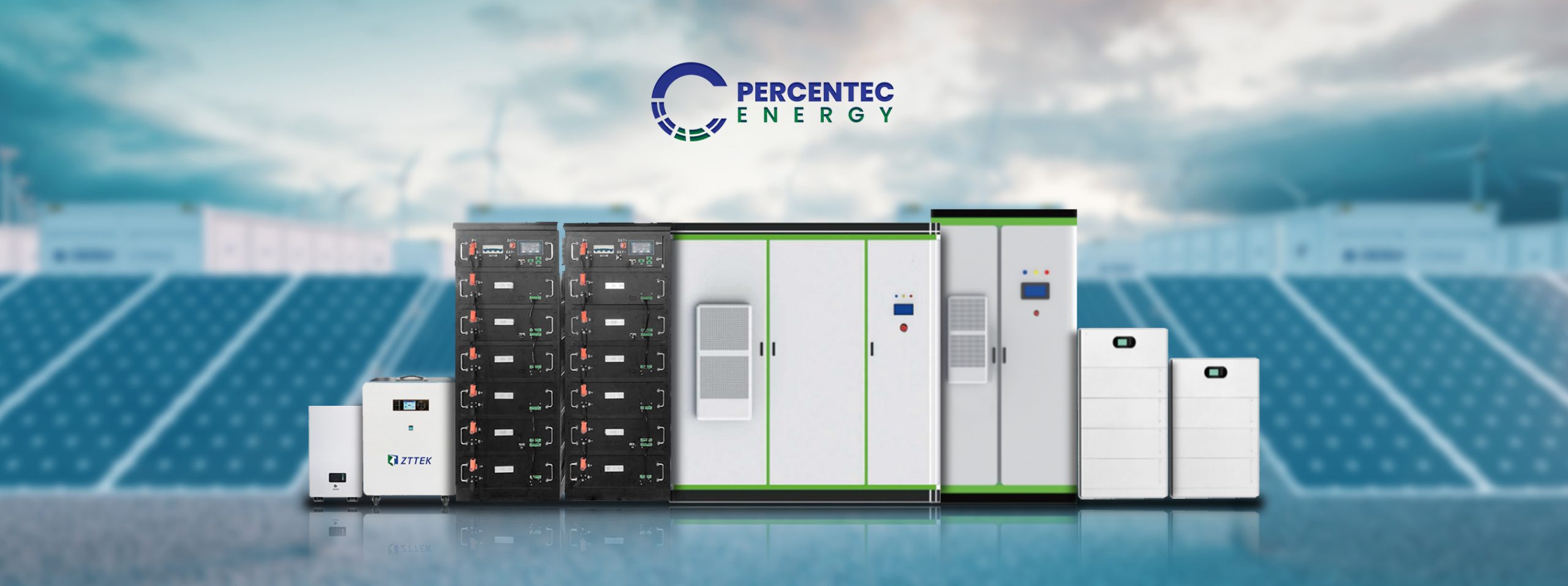
Energy Storage Systems: A Simple Guide
In a world where energy demand is rising and sustainability is crucial, energy storage systems (ESS) are making a big impact. But what are they, how do they work, and why are they important? Let’s break it down in simple terms.
What is an Energy Storage System?
An energy storage system (ESS) is a technology that captures and stores energy for later use. It helps balance energy supply and demand by storing excess energy when it’s plentiful and releasing it when needed. Common types include batteries, which store energy chemically, and thermal storage, which holds energy as heat. ESS ensures a reliable and continuous power supply, supports renewable energy integration, and reduces energy costs.
How Does It Work?
A BESS collects energy from renewable energy sources, such as wind and or solar panels or from the electricity network and stores the energy using battery storage technology. The batteries discharge to release energy when necessary, such as during peak demands, power outages, or grid balancing. In addition to the batteries, BESS requires additional components that allow the system to be connected to an electrical network.
A bidirectional inverter or power conversion system (PCS) is the main device that converts power between the DC battery terminals and the AC line voltage and allows for power to flow both ways to charge and discharge the battery. The other primary element of a BESS is an energy management system (EMS) to coordinate the control and operation of all components in the system.
- Batteries: include lithium-ion Cells and Batteries.
- Lithium Module
- Lithium Battery Rack for BESS
- Battery Management System (BMS)
- Power Conversion System (PCS)
- Energy Management System (EMS)
- Controller which controls all operations of BESS
- Air Condition
- Fire Suppression
- Complete Safety Systems
Applications of Energy Storage Systems
Energy storage systems are versatile and used in various ways:
- Grid Stability: Helps manage energy supply and demand, preventing outages.
- Renewable Energy Integration: Stores excess energy from wind and solar, making it available when renewable sources aren’t producing.
- Peak Shaving: Reduces energy costs by using stored energy during peak demand times.
- Backup Power: Provides emergency power during outages.

Our Factory
Advantages of Energy Storage Systems
Battery storage systems have several advantages when paired with renewable energy and non-renewable forms of generation. Solar and wind can be unpredictable, so battery storage systems are a key component in steadying energy flow by providing a steady supply whenever required, irrespective of weather conditions. Additionally, BESS can protect users from potential supply interruptions that could threaten the energy supply. Here are some of the benefits of battery storage systems:
- Reliability: Ensures a steady power supply, reducing the risk of blackouts.
- Cost Savings: Lowers energy bills by storing energy when it’s cheaper and using it during peak times.
- Environmental Impact: BESS allows consumers to store low-cost solar energy and discharge it when the cost of electricity is expensive. Supports renewable energy use, reducing reliance on fossil fuels and cutting emissions.
- Grid Support: Battery storage systems guarantee a continuous energy supply, even at times when the network is unstable due to peaks in demand or extreme weather events. Stabilizes the grid by absorbing excess power and supplying energy during high demand.
- Flexibility: Suitable for various needs, from small homes to large businesses.
- Enhanced Resilience: A full battery energy storage system can provide backup power in the event of an outage, guaranteeing business continuity.
- Frequency Control: The battery energy storage system can regulate the frequency in the network by ensuring it is within an appropriate range. Discrepancies between generated and required energy can cause short-term problems, such as outages or blackouts, but BESS can quickly react and secure sub-second frequency response, stabilizing the network. Additionally, it guarantees voltage stability by keeping it within established boundaries.
Summary:
- Enegry Storage System can improve the reliability, availability, and efficiency of the power supply
- BESS solutions can accelerate decentralized power station infrastructure which can add value to commercial and utility-scale power generation models. Best Enegry Solution for on Grip & off Grid systems.
- Battery storage has no significant restriction on the geographical locations that it can be sited in.
- High energy density of BESS (resulting in reduced footprint) and fast response time (<150ms achievable).
Lithium ion Battery Manufacturer: https://www.percentec-energy.com/
Cutomized Enegry Solution: https://www.percentec-energy.com/uae-shifts-toward-sustainable-energy-and-custom-energy-solutions/





